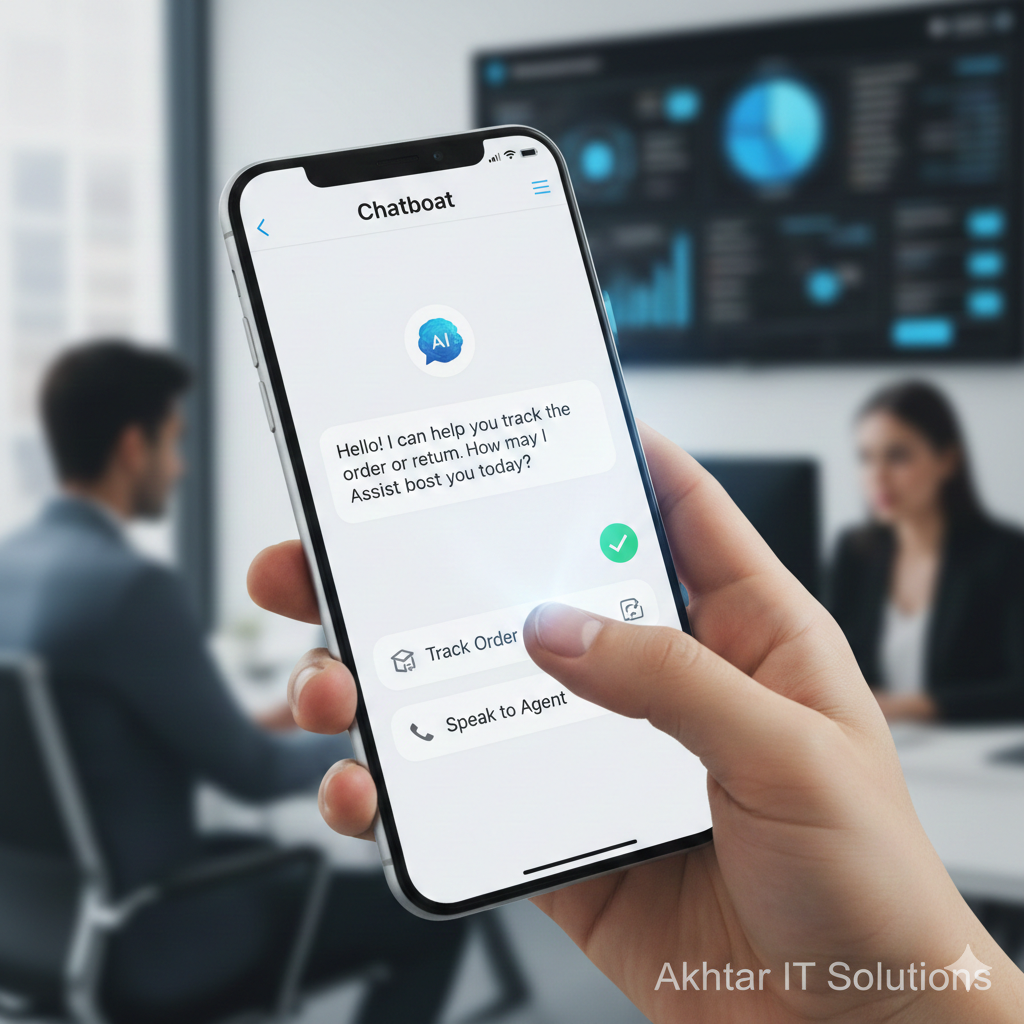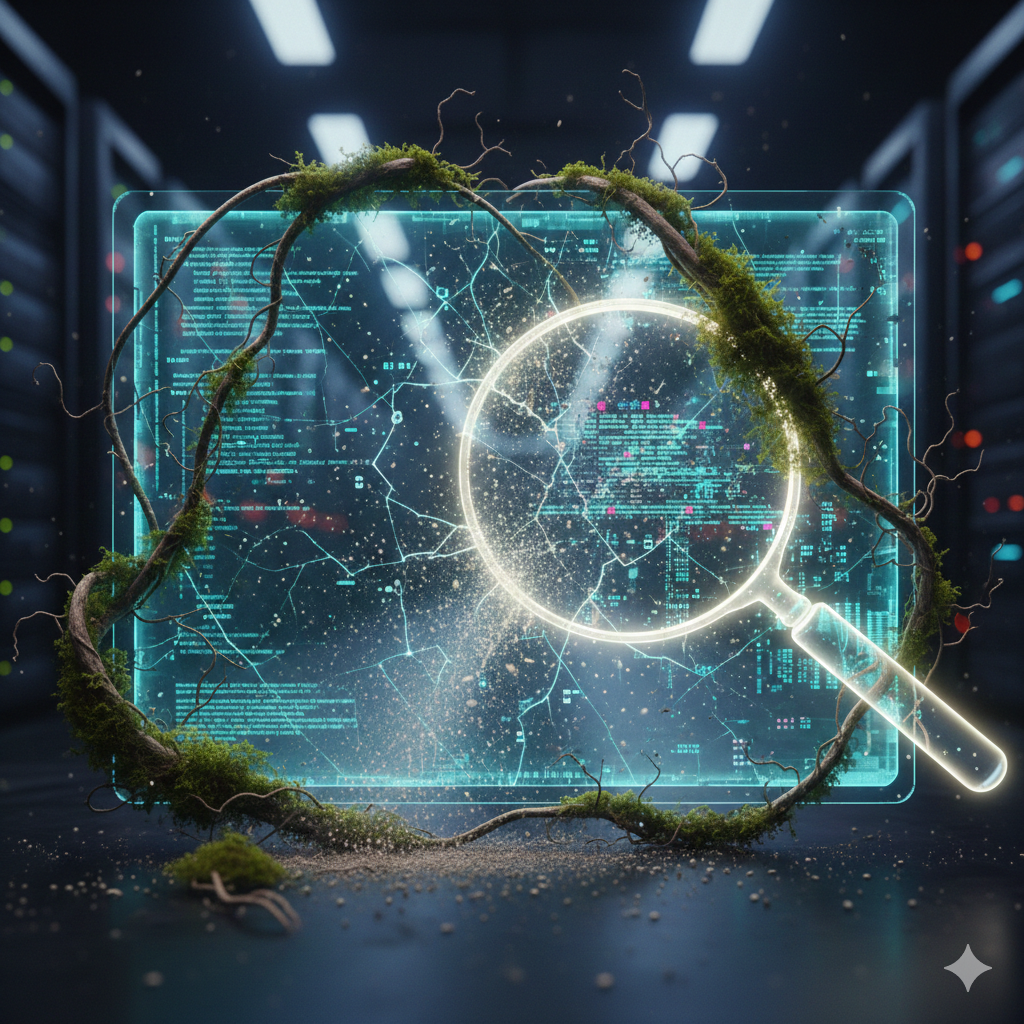An Agentic AI Assistant is an artificial intelligence system that operates autonomously to achieve user-defined goals. Unlike traditional AI assistants that wait for instructions, agentic AI can plan, decide, and act independently by using Large Language Models (LLMs) as a brain.
These assistants adapt to changing environments, collaborate with other systems, and continuously learn from interactions. They go beyond answering questions—they execute tasks, automate workflows, and make decisions with minimal human supervision.
Why Agentic AI Matters in 2025
Technology is rapidly shifting toward autonomous systems. From self-driving cars to robotic process automation, Agentic AI represents the next step in human-AI collaboration.
-
🌍 Global Trend: Businesses are adopting autonomous AI to save time, reduce costs, and scale faster.
-
💼 Business Applications: Customer service, sales automation, HR management, operations.
-
🏠 Personal Applications: Smart homes, digital health, personal productivity tools.
Key Features of Agentic AI Assistants
-
Autonomous Decision-Making – They can plan and execute tasks without step-by-step instructions.
-
Adaptive Learning – Constantly learn from user interactions and changing environments.
-
Goal-Oriented – Work toward user-defined objectives instead of reactive commands.
-
Tool Integration – Can connect with APIs, databases, and external systems.
-
Collaborative Intelligence – Work with humans and other AI agents for complex workflows.
Agentic AI vs. Traditional AI Assistants
| Feature | Traditional AI (e.g., Siri, Alexa) | Agentic AI Assistant |
|---|---|---|
| Task Execution | Reactive (answers questions) | Proactive (plans tasks) |
| Autonomy | Low | High |
| Learning Capability | Limited | Continuous |
| Integration | Restricted | Broad system-level |
| Use Cases | Simple queries, reminders | Complex workflows, business automation |
Real-World Applications of Agentic AI
1. Business Automation
Companies use agentic AI to:
-
Automate customer support
-
Manage sales pipelines
-
Handle recruitment & onboarding
-
Optimize logistics
2. Healthcare
-
Virtual health assistants for patient monitoring
-
Scheduling and telehealth management
-
AI-driven diagnostics support
3. Education
-
Personalized learning assistants
-
Automated grading and student engagement
-
Research assistance for academics
4. Personal Productivity
-
Automating daily schedules
-
Financial planning & budgeting
-
Smart home integration
Benefits of Agentic AI Assistants
-
Efficiency: Automate repetitive tasks.
-
Scalability: Manage large, complex workflows.
-
Cost Savings: Reduce need for human intervention.
-
Personalization: Tailored experiences for users.
-
24/7 Availability: Always active and learning.
Challenges & Risks
While promising, Agentic AI faces challenges:
-
Ethics & Trust: Can autonomous AI make fair decisions?
-
Data Privacy: AI agents need access to sensitive data.
-
Over-Reliance: Risk of depending too much on automation.
-
Accountability: Who is responsible if AI makes a mistake?
The Future of Agentic AI
By 2030, Agentic AI is expected to become mainstream, powering everything from corporate operations to personal assistants. The future may include:
-
AI-powered companies with minimal human staff.
-
Personalized “digital twins” acting as our second brain.
-
Stronger integration with robotics and IoT devices.
FAQs
Q1: What is an Agentic AI Assistant?
An AI system that operates autonomously to achieve user goals using LLMs, tools, and adaptive learning.
Q2: How is Agentic AI different from ChatGPT?
ChatGPT responds to prompts, while Agentic AI can plan, execute, and collaborate autonomously.
Q3: What are the top use cases for Agentic AI?
Business automation, healthcare, education, and personal productivity.
Q4: Is Agentic AI safe?
When built responsibly, yes. But risks like data privacy and ethical decision-making must be managed.
Q5: Will Agentic AI replace humans?
No—it’s designed to augment human capabilities, not replace them.



